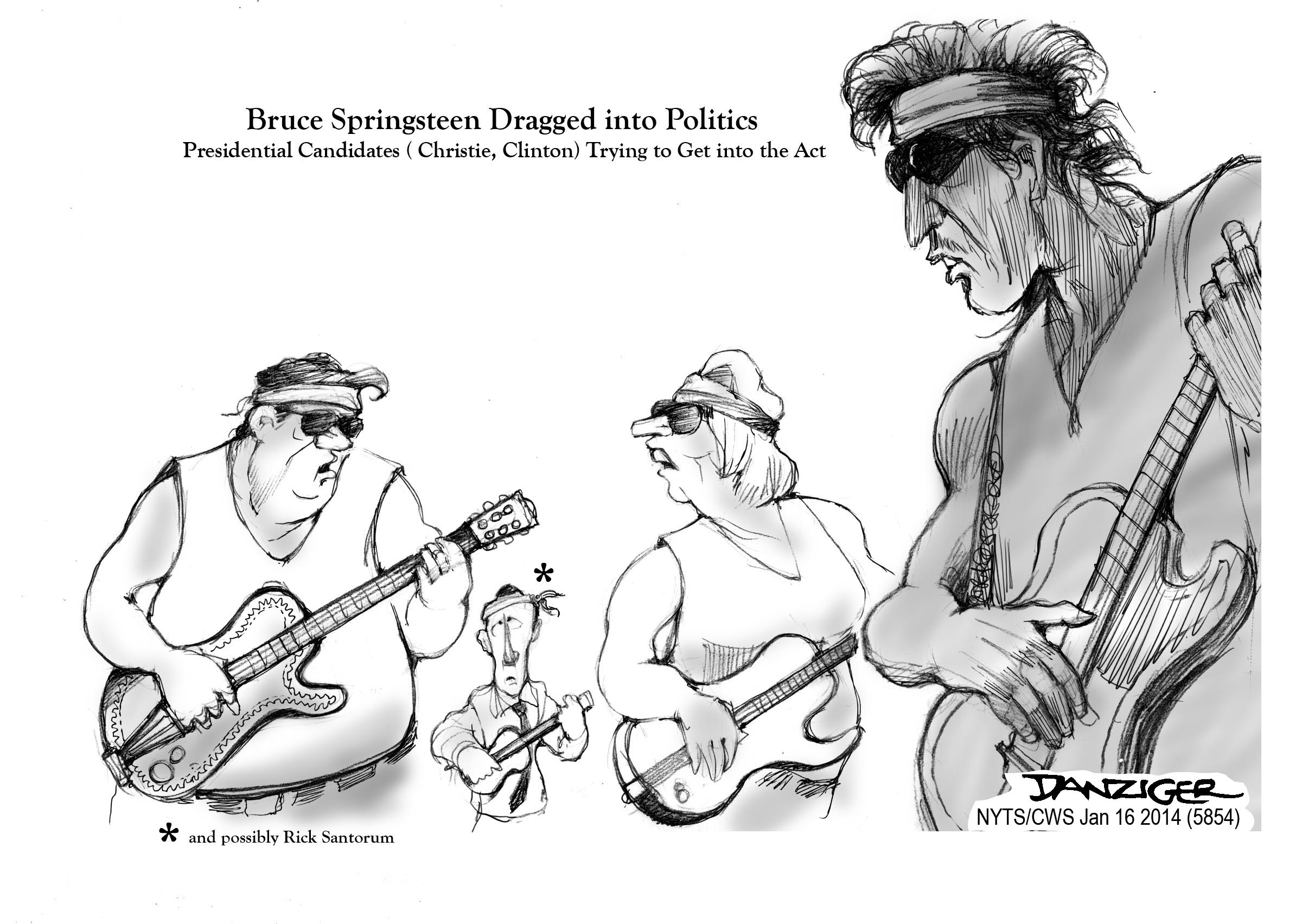TV station owes viewers apology for story missteps
No other way to put it: St. Louis television station KSDK (Channel 5) really messed up in their attempt to expose school security flaws. On Jan. 16, Channel 5 sent people to five area schools to check on security. One of them was Kirkwood High School. The Channel 5 staffer was able to get in to the school unchallenged. He did, in fact, uncover what appears to be several flaws in the Kirkwood system.

